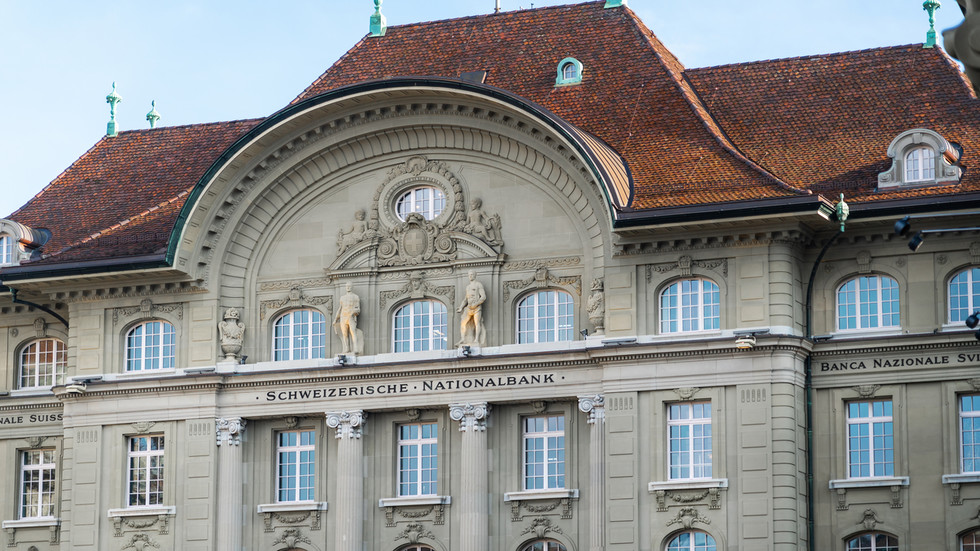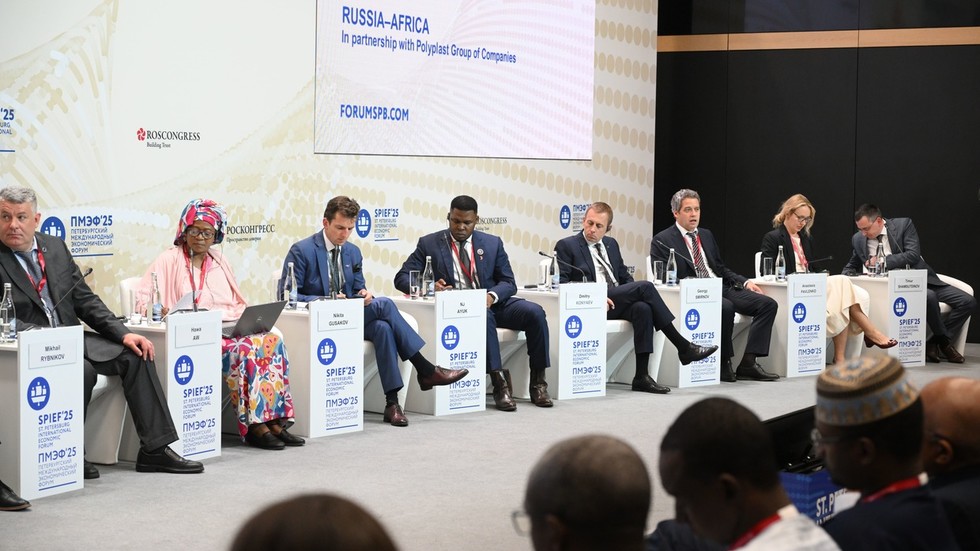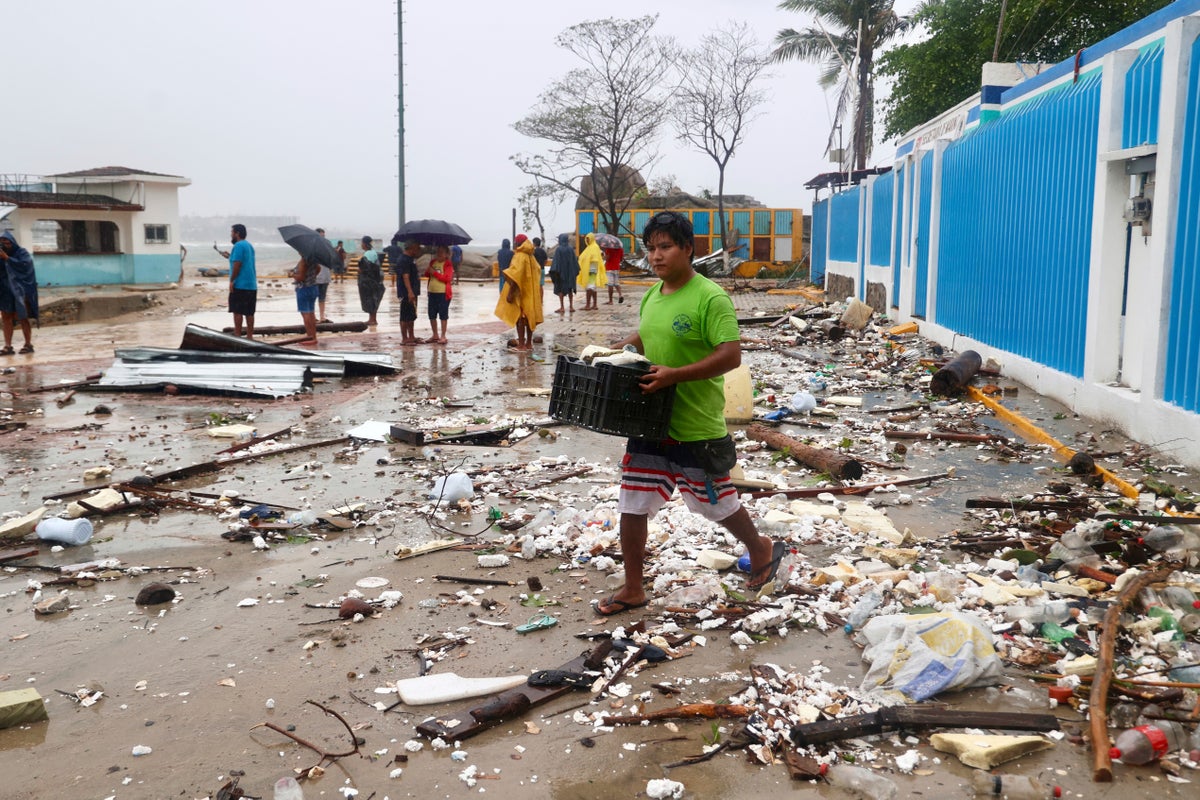 Credit: Kim Hong-Ji/Reuters via Gallo Images
Credit: Kim Hong-Ji/Reuters via Gallo ImagesLONDON, Jun 20 (IPS) - On a resounding 79.4 per cent turnout, South Korean voters have delivered a clear mandate for change. Lee Jae-myung of the centrist Democratic Party of Korea (DPK) decisively won the 3 June election, becoming the country’s new president after a turbulent time for South Korean democracy.
Just six months before, South Koreans took to the streets to defend their democracy when President Yoon Suk Yeol tried to impose martial law. Their determination to protect democratic institutions paved the way for electoral change, proving once again that South Koreans deeply value hard-won freedoms.
Failed coup
The road to democratic renewal began with an unprecedented constitutional crisis. Yoon, of the centre-right People Power Party (PPP), had won the presidency in 2022 by the narrowest of margins, benefiting from a backlash against the country’s emerging feminist movement. But his success wasn’t long lived: the PPP suffered a heavy defeat in the 2024 parliamentary election. Hamstrung by a DPK-controlled National Assembly, the besieged Yoon took an unprecedented gamble. On 3 December, he declared martial law.
Yoon claimed his decision was motivated by the need to combat ‘pro-North Korean anti-state forces’, attempting to conflate political opposition with support for the totalitarian menace across the border. Yoon allegedly instructed the military to launch drones into North Korea. He also ordered the army to arrest several political leaders, including Lee and the head of his own party, Han Dong Hoon, and sent troops to try to stop the National Assembly meeting.
Most South Koreans saw this for what it was: an attempt by a failing president to hang onto power through undemocratic means. Their response was immediate and overwhelming. People flooded the streets, massing outside the National Assembly. As the army blocked the gates, politicians climbed fences. Some 190 lawmakers managed to get in, unanimously voting to repeal the martial law declaration.
Yoon made a televised apology but a few days later issued a statement of defiance, insisting his decision had been legitimate and pledging to ‘fight to the end’. The end came quickly. An impeachment vote suspended his presidency. His impeachment trial concluded on 4 April, with the court ordering the end of his presidency and a fresh election. Yoon is now on trial on insurrection charges. His arrest on 15 January followed a dramatic failed attempt on 3 January, when Yoon supporters and his security blocked access to the presidential palace, leading to violent clashes. Protests have continued both for and against Yoon.
Campaign issues
Lee has benefited from the public appetite for change. His campaign tacked rightwards, deemphasising some of the more progressive policies he’d previously championed, such as basic income for young people. This positioning helped win over former PPP supporters appalled by Yoon’s actions and the party’s continuing failure to condemn them.
Lee comfortably beat PPP candidate Kim Moon-soo. But another important factor was a split in the vote on the right: a more conservative party, the Reform Party, had broken off from the PPP and captured 8.3 per cent of the vote. Had these two reunited, they could have prevailed despite Yoon’s dismal record in office.

The martial law crisis dominated the campaign, but it wasn’t the only issue. Economic matters were important for many voters, with South Korea’s once-mighty economy faltering and high living costs and inequality becoming pressing concerns. These worries were exacerbated by the threat of US tariffs: South Korea, the fourth-biggest steel exporter to the USA, faces 50 per cent tariffs.
Political polarisation seems sure to continue following a bruising election campaign that saw the two main candidates accuse each other of planning to destroy democracy. Lee, who survived an assassination attempt in 2024 and faces death threats, campaigned under heavy security. One crucial test of his presidency will be whether he can heal these divides.
Challenges ahead
Lee however enters office carrying his own baggage, in the form of corruption allegations. In 2023, he was indicted on multiple charges over alleged collusion with property developers when he was mayor of Seongnam city. In November 2024, he received a one-year suspended sentence for making false statements about his relationship with the former head of the Seongnam Development Corporation.
A retrial is pending following an appeal, postponed until 18 June to take place after the election; a guilty verdict could have prevented Lee standing. Lee insists the charges against him are politically motivated, but the trial could bring further uncertainty and a potential constitutional crisis.
On the international front, Lee faces the challenge of repairing relations with the USA. The White House made a bizarre comment hinting at Chinese election interference, apparently picking up on far-right disinformation and attempts by the defeated candidates to paint Lee as a China sympathiser.
Relations with North Korea will present perhaps the biggest foreign policy challenge. DPK politicians typically focus on dialogue and bridge-building, and Lee promises to resume the cross-border dialogue that halted under Yoon.
While anything that promotes peace is welcome, civil society that campaigns on North Korea’s dire human rights situation and works with defectors will be on the lookout for potential restrictions. Under the last DPK government from 2017 to 2022, relations with North Korea thawed but civil society groups working on North Korean issues experienced heightened pressure. The government tried to ban the practice of activists using balloons to send humanitarian supplies and propaganda across the border. Civil society will be hoping the new administration doesn’t follow suit.
Time to build bridges
Lee can expect to face little short-term political opposition. Yoon’s actions have left the PPP in disarray and the next parliamentary election isn’t due until 2028. But Lee’s honeymoon isn’t likely to last long. Economic anger could drive more people to embrace regressive politics. In globally tough times, Lee will need to both offer political stability and deliver meaningful economic success.
That’s a difficult task, but there’s a key asset that can help. South Koreans have demonstrated they value democracy. South Korea’s civil society is active and strong. The new administration should commit to working with and nurturing this civic energy.
South Korea’s December resistance proved what people won’t tolerate. Now comes the harder task of building what many will embrace: a more stable, equitable democracy.
Andrew Firmin is CIVICUS Editor-in-Chief, co-director and writer for CIVICUS Lens and co-author of the State of Civil Society Report.
For interviews or more information, please contact [email protected]
© Inter Press Service (2025) — All Rights Reserved. Original source: Inter Press Service

 4 hours ago
2
4 hours ago
2









